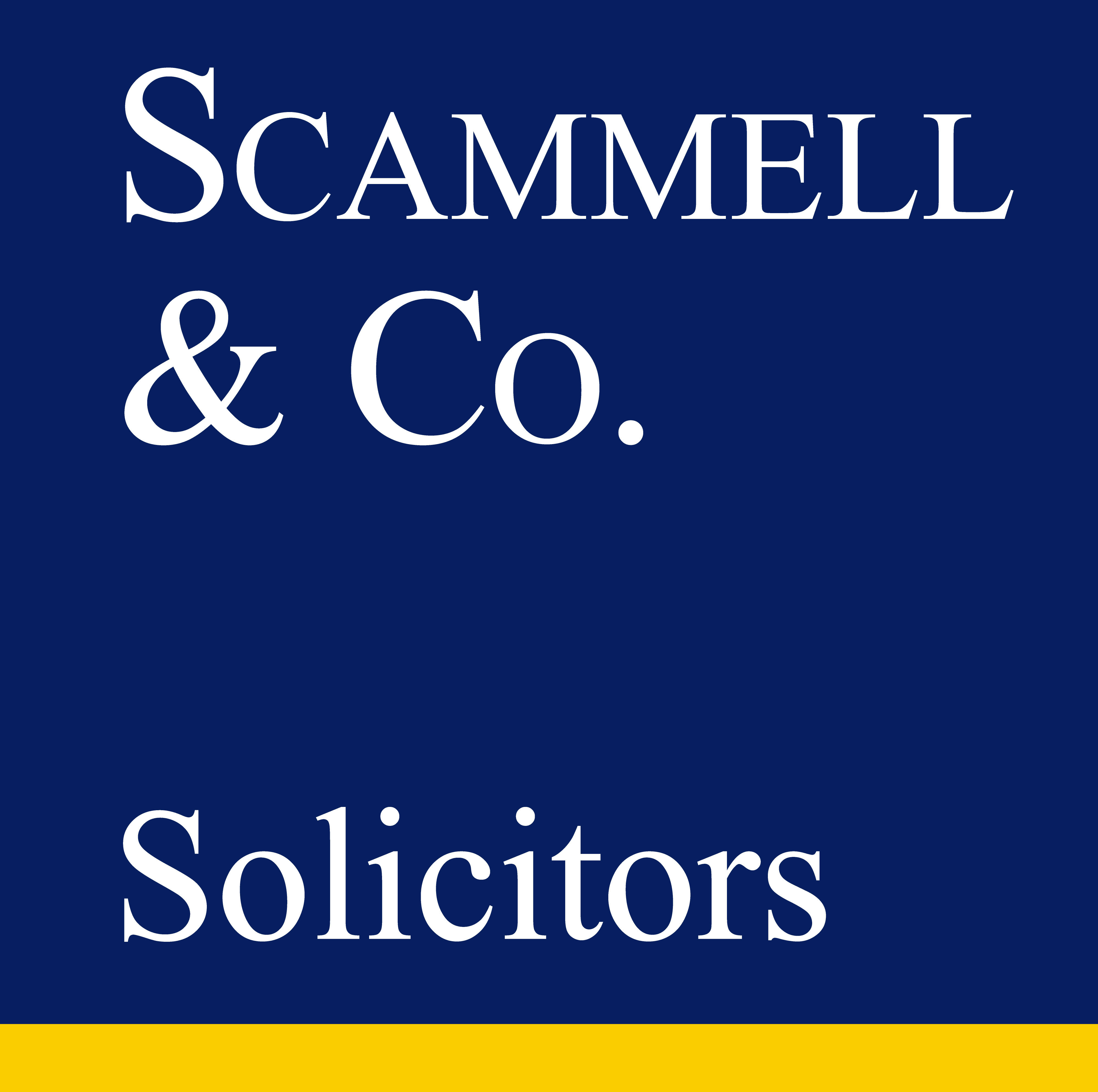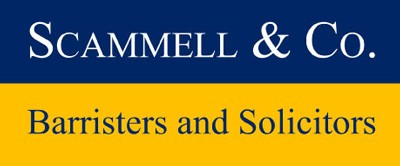Graffiti is the act of defacing private or public property, including buildings, fences, pathways, public transport and other infrastructure, without the owner’s or state or local government authority’s permission. Graffiti includes writing, drawing, marking or tagging, scratching or etching and even includes putting up posters without consent.
Graffiti is against the law and penalties are in place to deter graffiti vandals. Police have the power to search a person’s belongings or vehicle and confiscate graffiti implements. In accordance with the Graffiti Control Act 2001 a person found guilty of a prescribed graffiti offence, or found to be carrying an implement (such as spray paint) with the intention of using it to mark graffiti, may receive a maximum penalty of $5,000 or imprisonment for 12 months. If the offence is committed within a cemetery; on or within a public memorial; or on or within a place of worship, perpetrators face a heftier $7,500 fine or 18 months imprisonment. Furthermore, a person found to help or encourage another to commit a graffiti offence can also be culpable.
A court may also hand out additional penalties to persons found guilty of graffiti offences including orders to participate in graffiti removal programs, or order offenders to pay reasonable compensation to either the owner or occupier of the property in relation to the offence, or pay any person engaged in the removal of the offending graffiti. Serial offenders may also be disqualified from holding or obtaining a driver’s licence for a period of 1-6 months.
Property owners should report suspicious behaviour, graffiti activity and property damage to their local police station. Homeowners can often take advantage of free graffiti removal programs by contacting their local council. A Scammell & Co. lawyer will represent offenders in court and mount a defence where the case against the offender lacks evidential strength. In the event there are extenuating circumstances and an offender pleads guilty, we will apply to the court for the greatest degree of leniency when determining a penalty.




